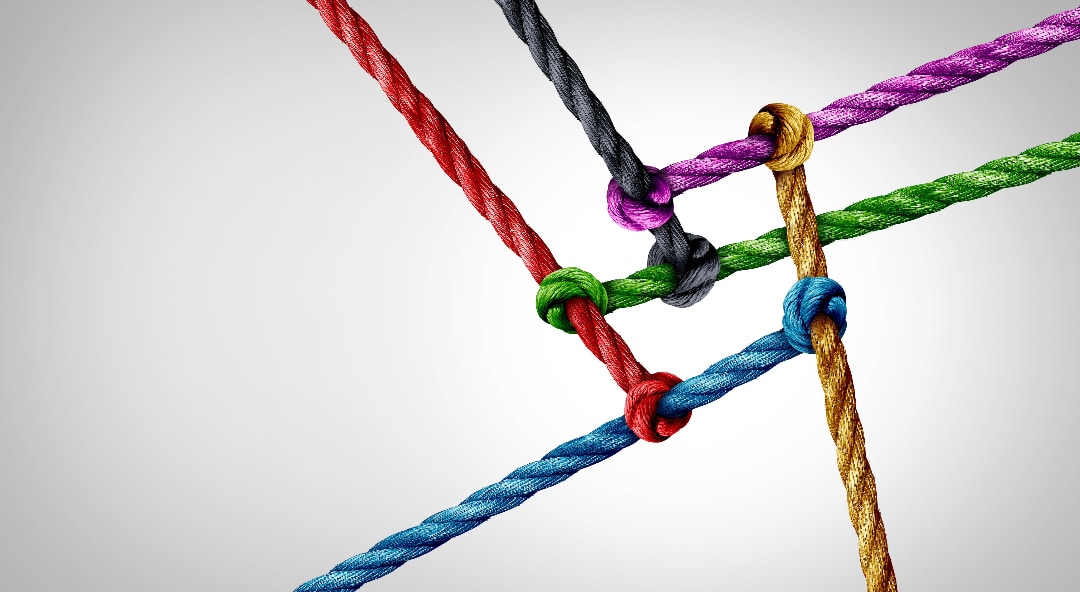Getting Sober Without Attending Alcoholics Anonymous
By definition, “sobriety” means not using a certain substance and committing to stop using it. Sobriety can also, however, define the process of recovery and developing long-term coping tools. It’s no secret that getting sober after having an alcohol abuse problem takes a lot of work. There are many different methods out there to encourage individuals to get and stay sober, but it isn’t as easy as it may look. The most popular and common treatment option for individuals with alcoholism is AA. It is assumed that many people who struggle with alcoholism can just stop using and then start attending meetings, but it isn’t that black and white. While these 12-step groups are effective in many cases and Alcoholics Anonymous is a great way to help some people get sober, this step is not for everyone. In fact, many people do not continue to attend AA meetings in the long term. Also, AA has a religious affiliation that some individuals may not be comfortable with. So are there any ways to get sober that don’t involve attending AA?

Is It Possible to Get Sober Without AA?
How to Get Sober Without Going to AA
Are you interested in getting sober, but don’t think AA is the best next step for you? Below are fourteen ways to get sober without going to AA:
- Exercise regularly
- Eat well-balanced meals
- Get enough quality sleep
- Identify your external triggers
- Avoid old routines and habits
- Build new, healthy relationships
- See a therapist one-on-one
- Develop a structured schedule
- Make time for hobbies and activities
- Join a different type of support group
- Focus on finances and quality employment
- Practice mindfulness strategies like yoga and meditation
- Develop new thinking patterns and coping skills
- Recognize signs of relapse (addictive thinking, self-destructive behavior)
These strategies are much easier said than done. Everyone who gets sober is encouraged to seek help from family, friends who are positive influences, people who have been through the same thing, and professionals like therapists or psychologists. Sobriety is a journey, and a destination; and there are always people around to assist you along the way.
Continuing the Recovery Process
Relapse is very common during recovery, and it does not mean that you failed. If you experience relapse, the most important thing to do is pick back up with treatment and keep developing coping strategies to prevent the chances of relapse happening again. If you have struggled with alcoholism and are hoping to achieve sobriety for good, there are many ways to do it without attending AA.
If you need some tips for getting & staying sober or would like some professional assistance along the way, contact our team of substance abuse treatment representatives for help and more information. We would be happy to help you create the treatment plan that is best for you. To learn more about how to successfully achieve long-term sobriety, call us at 267.719.8689.





